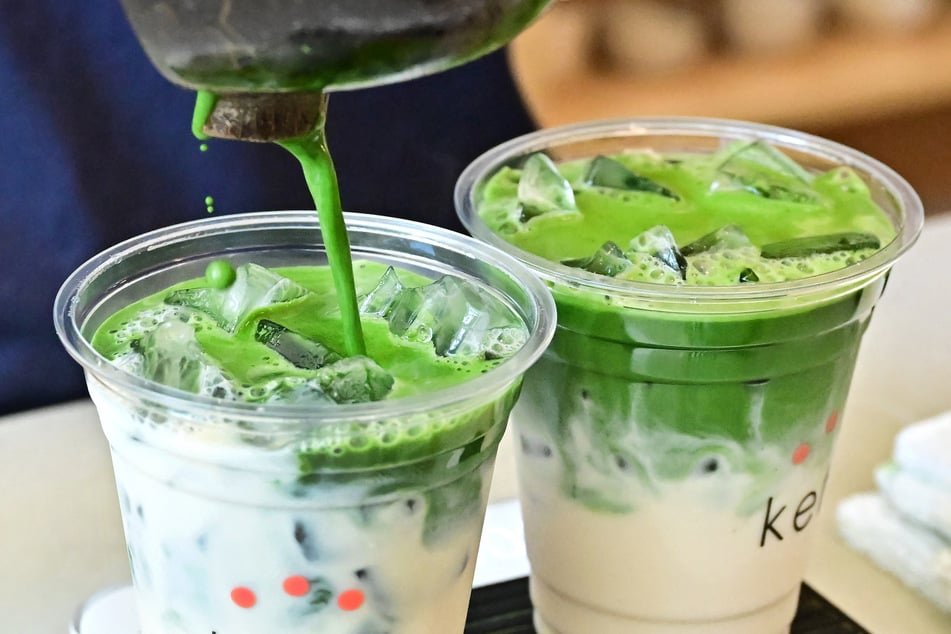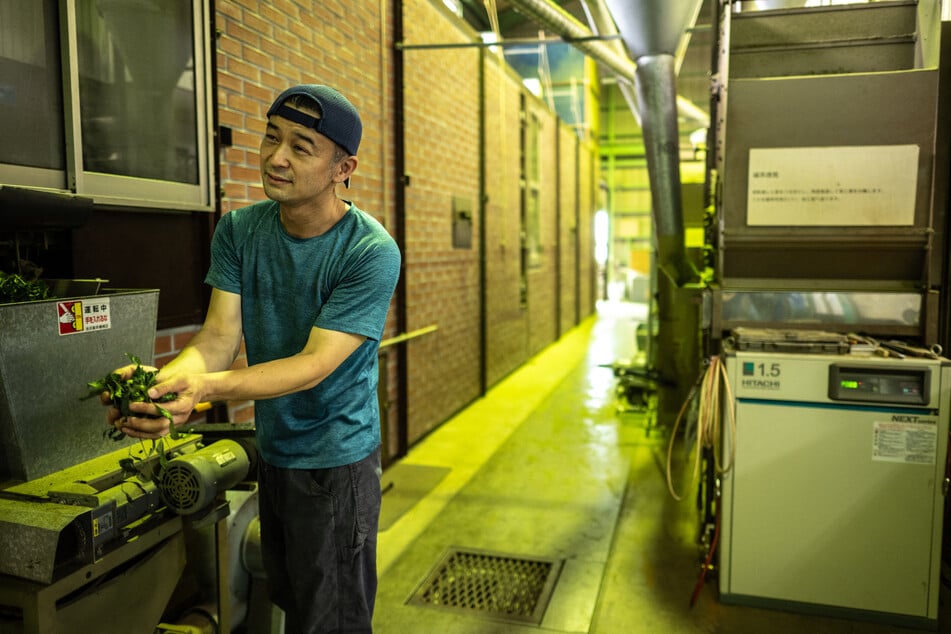Worldwide matcha craze causes shortage as Japanese tea farms strain to keep up with demand
Los Angeles, California - At a minimalist Los Angeles matcha bar, powdered Japanese tea is prepared with precision, despite a global shortage driven by the bright green drink's social media stardom.

Of the 25 types of matcha on the menu at Kettl Tea, which opened on Hollywood Boulevard this year, all but four were out of stock, the shop's founder Zach Mangan told AFP.
"One of the things we struggle with is telling customers that, unfortunately, we don't have" what they want, he said.
With its deep grassy aroma, intense color, and pick-me-up effects, the popularity of matcha "has grown just exponentially over the last decade, but much more so in the last two to three years," the 40-year-old explained.
The word matcha means "ground tea" in Japanese, and comes in the form of a vivid green powder that is whisked with hot water and can be added to milk to make a matcha latte.
It is now "a cultural touchpoint in the Western world" – found everywhere from ice cream flavors to Starbucks drinks.
This has caused matcha's market to nearly double over a year, Mangan said: "No matter what we try, there's just not more to buy."
Thousands of miles away in Sayama, northwest of Tokyo, Masahiro Okutomi – the 15th generation to run his family's tea business – is overwhelmed by demand.
"I had to put on our website that we are not accepting any more matcha orders," he said. Here's why.
The hidden Japanese art of processing matcha tea

Producing the powder is an intensive process: the leaves, called "tencha," are shaded for several weeks before harvest to concentrate the taste and nutrients.
They are then carefully deveined by hand, dried, and finely ground in a machine.
"It takes years of training" to make matcha properly, Okutomi said. "It's a long-term endeavor requiring equipment, labor, and investment."
"I'm glad the world is taking an interest in our matcha... but in the short term, it's almost a threat – we just can't keep up," he explained.
The number of tea plantations in Japan has fallen to a quarter of what it was 20 years ago, as farmers age and find it difficult to secure successors, he added.
"Training a new generation takes time... It can't be improvised," Okutomi said.
The matcha boom has been fueled by online influencers like Andie Ella, who has more than 600,000 subscribers on YouTube and started her own brand of matcha products.
In 2024, matcha accounted for over half of the 8,798 tons of green tea exported from Japan, according to agriculture ministry data – twice as much as a decade ago.
The global matcha market is estimated to be worth billions of dollars, but it could be hit by US President Donald Trump's tariffs on Japanese products – currently 10%, with a hike to 24% in the cards.
Shortages and tariffs mean "we do have to raise prices. We don't take it lightly," said Mangan at Kettl Tea, though it hasn't dampened demand so far.
"Customers are saying: 'I want matcha, before it runs out.'"
Cover photo: Frederic J. BROWN / AFP
